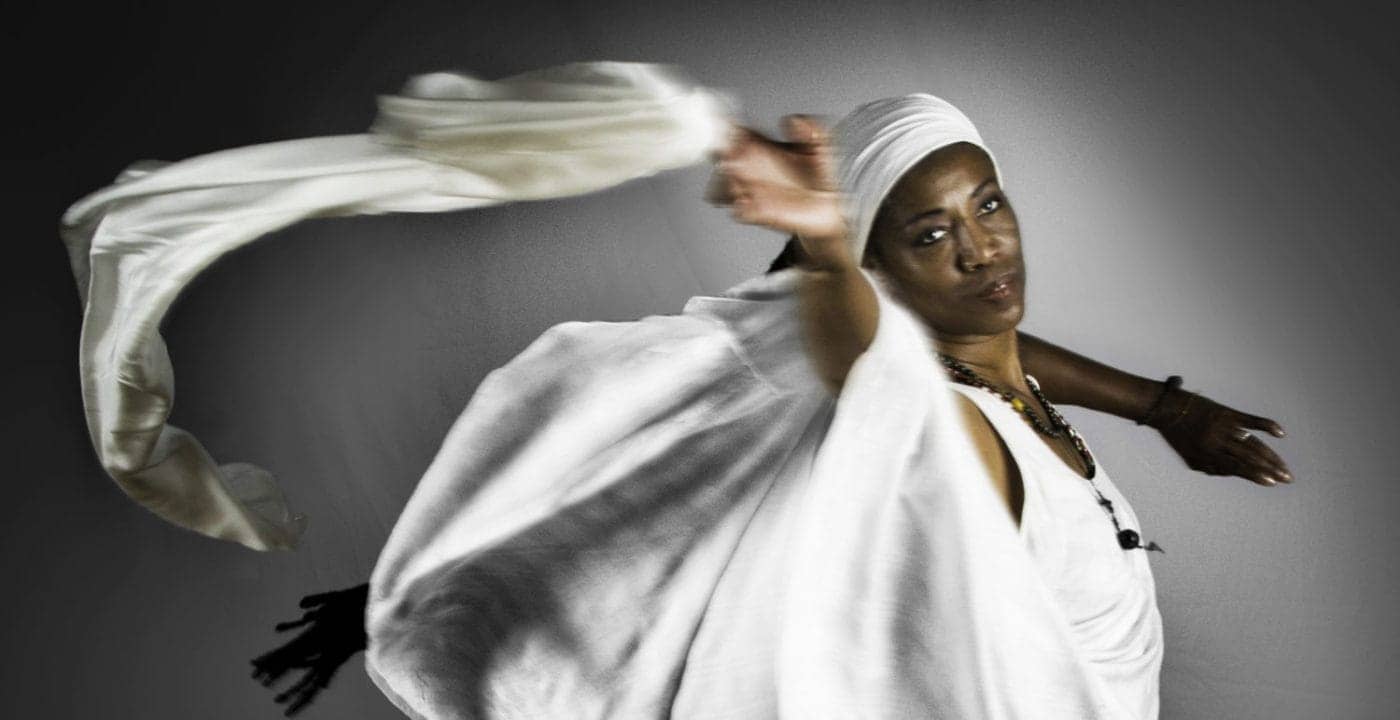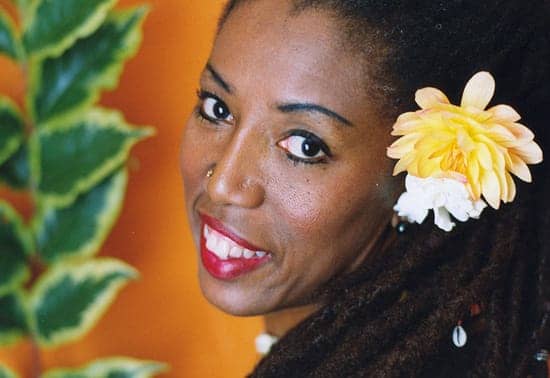
by Marcus ‘Zahir’ Blevins
“Who listens to the (soul) distressed when it calls on Him, and who relieves its suffering, and makes you (mankind) inheritors of the earth?” – Quran, 27:62
I attended the 25th Annual Virtual Maafa Commemoration on Oct. 11, 2020. It was a first-time experience and I found it to be an unexpectedly refreshing and enlightening one. I can only imagine what it must be like to attend the event at its original site on the beach – minus COVID-19, of course.
Any part of the program that was physically inaccessible was made available to the public via social media. The images of the beach and ocean, along with the virtual throng of observers, performers, music and remaining on-air offerings, created an atmosphere of inclusiveness and worshipful reverence.
One performance in particular drove home to me the solemnity of the occasion, serving as a catalyst for further inquiry and reflection. It was a simple offering through the gift of dance from Māhealani Uchiyama, and it was her soul-stirring performance that caused my mind to shift suddenly beyond the realm of merely expressive movements and into the domain of meaning and intent concerning the message behind the Maafa Commemoration Ceremony itself.
Māhealani Uchiyama danced across centuries of dread and dreams and oceanic terror. The outstretched arms of this tall, coffee-colored Princess energized us through the medium of her symmetrically choreographed, fluid strokes of pain, victory and continuity.

And, although the dance was broadcast live on social media, the realness, sincerity and virtuosity of movement and interpretation escaped the bounds of technology as her performance spilled out of the monitor into these cramped quarters I call home, laying bare my untouched, aching spirit, thereby unleashing a cascading river of dancing tears that flowed from my eyes as effortlessly as the rising sun and with a fluidity that faithfully mocked her delicately crafted expressions.
Māhealani Uchiyama danced across centuries of dread and dreams and oceanic terror. The outstretched arms of this tall, coffee-colored Princess energized us through the medium of her symmetrically choreographed, fluid strokes of pain, victory and continuity.
Māhealani’s tribute came in the form of an adaptation of Melanie DeMore’s rendition of “Swing Low, Sweet Chariot.” The Princess undoubtedly committed the entire piece to memory, using her own brand of interpretive genius. Through her movements, every note sung or played, on strings, piano, drums, cymbals or percussion was taken into consideration to help conjure memories from the storied history of a resilient people.
Her melodiously accentuated strokes carved paths through air and time to reveal yet another dimension – where the sweet chariots of the ancestors swing low in the waters of their vacuous haven to sustain us from that divine well of mercy and to infuse within us their own tears of triumph.
After taking in the remaining sights and sounds of the ceremony, I found myself logging off the venue with a sense of profound peace, which prompted me to wonder whether or not the souls of our ancestors might moan, weep or cry? And, if so, might these expressions be communicated to or through us in the form of tears, as expressions of joy, sorrow or woe?
As soon as I posed the question, I remembered the truth had already manifested itself to me – it did so when I trained my tear-drenched, refracted gaze upon Māhealani Uchiyama and saw that this dancing Princess wasn’t dancing alone.
Watch the recorded event here.
My name is Marcus Blevins. When I write, I like to capture the essence of an object or experience through introspection and by shaping it into my own narrative based on these observations. I began my writing career while taking English courses at Patten College at San Quentin State Prison in January of 2018. My first published writings were featured in The Beat Within, a workshop for the Intersection of the Arts. I was recently awarded a scholarship by the Prison Journalism Project, and now I am honored to see my latest piece, entitled “Dancing, Tears and the Ancestral Plane,” being published in the San Francisco Bay View. This just goes to show how the worst moment in your life can be the stepping stone to success if you just hold your head up long enough to keep your mind focused on the future. I love reading the Qur’an and playing Scrabble. If you’re looking for a game you can find me at the Monterey County Veterans Transition Center in Marina, Calif., or maybe online would be better until the pandemic fizzles out. I can be reached at marcusablevins55@gmail.com and at 216 Hayes Circle, Marina, CA 93933.





